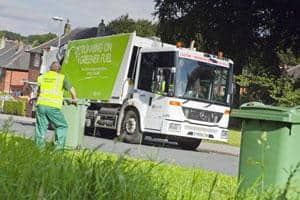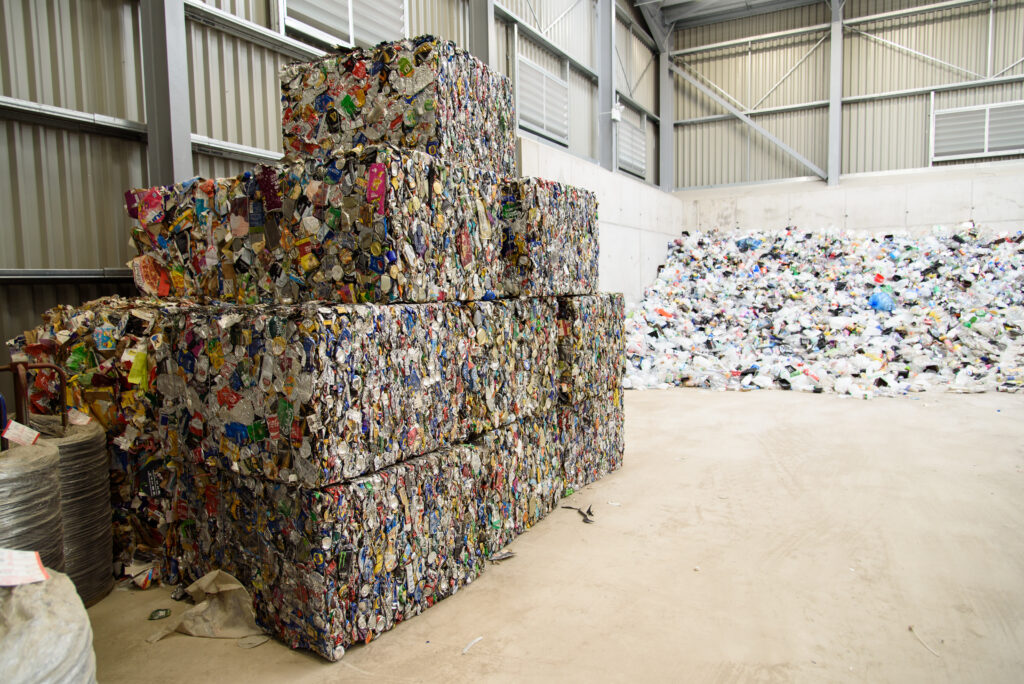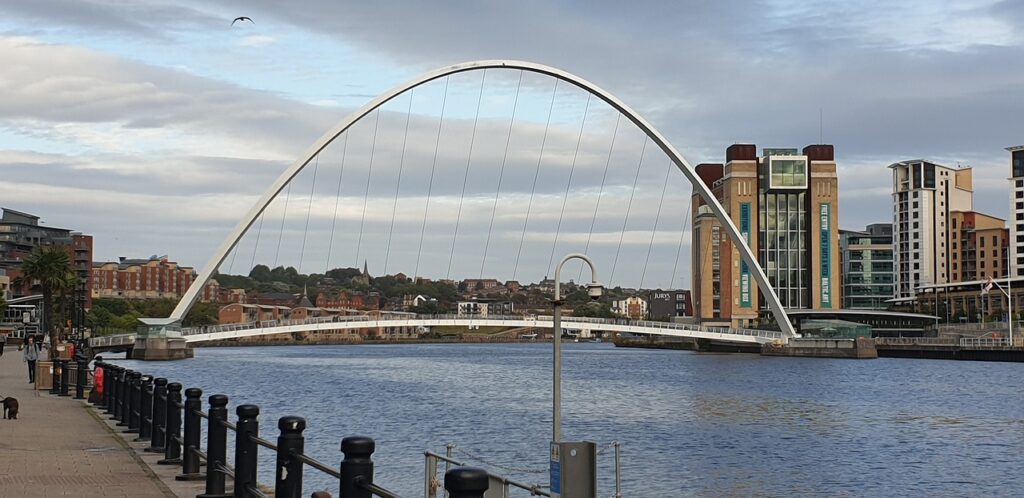Leeds city council has revealed it is sending 3,500 tonnes-a-month of waste containing residual and recyclable material to a dirty MRF as an interim measure ahead of the development of long-term alternative waste treatment infrastructure.
Using a dirty materials recycling facility or dirty MRF involves all municipal solid waste (MSW) – containing recyclables and residuals – being put through a materials sorting system as one stream.

This process is traditionally viewed as crude and labour intensive and is not widely used by local authorities. Questions have also been raised about how the dirty MRF system may negatively impact on the quality of material being sorted as recyclable material is mixed with residual waste.
But, confirming its use of a dirty MRF, Leeds city council claimed that using a dirty MRF had diverted thousands of tonnes of waste from landfill over the past seven months and, as such , was helping it to meet its landfill diversion goals.
A spokesman for the council said: We use this process because it recovers some materials that would otherwise go to landfill and it helps us meet our landfill diversion target.
Leeds arrangements involve 3,500 tonnes-a-month of residual waste from its kerbside collections being sent to Associated Waste Managements (AWM) 120,000 tonne-a-year capacity sorting facility at Canal Road, in north Bradford.
The council claims that, since AWM was named as one of 12 interim contractors for its municipal waste treatment and disposal in December 2010, the arrangement has diverted 5,000 tonnes of waste from landfill.
Leeds, which received 68.6 million in PFI funding, is seeking to develop a long-term waste treatment solution, which is most likely to be energy-from-waste incineration. However, any prospective development is not set to become operational until 2016 at the earliest.
The material sent to the dirty MRF is collected from households separately from dry recyclables. The dry recyclable material collected in the city is taken to HW Martins MRF at Parkside Lane in West Leeds for sorting.
Uptake
“My view as a MRF operator is that the opportunity is going to be there with the PFI initiative taking a dive and local authorities not tied to 25-year contracts”
Tim Shapcott, AWM
AWM also handles 90,000 tonnes-a-year of MSW for Bradford city council at the Canal Road site and is set to open a new 12 million plant in Leeds in September.
And, AWM said that the use of a dirty MRF could become an increasingly commonplace measure for councils particularly those seeking interim measures due to the escalating cost of landfill and lack of suitable alterantives.
Tim Shapcott, business development director at AWM, told letsrecycle.com: My view as a MRF operator, who runs four sites, is that the opportunity is going to be there with the PFI initiative taking a dive and local authorities not tied to 25-year contracts. We have shown that we can meet the BMW targets and the EU targets through our methods.
The company claims that the method is producing a 50% recycling rate, with the excess material being recovered as refuse derived fuel, which can then be exported to Scandinavia as a fuel for energy generation plants.
Mr Shapcott acknowledged that, at present, the dirty MRF process was a reasonably expensive treatment route, but claimed that the Landfill Tax escalator is tipping the balance in its favour.
At present Landfill Tax is 56 per tonne and this is set to rise to 64 per tonne in 2012, a move which Mr Shapcott said would favour the use of dirty MRF as a treatment/sorting route among local authorities.
Sorting
Meanwhile, sorting technology provider TiTech has been investigating the potential to remove recyclable material from the residual waste stream. This has includes recent work in both Cyprus and Barcelona to extract plastics, metals and paper from the mixed waste stream.
And, at Valles Occidental in Catalonia, the use of TiTech technology in the dirty MRF process has enabled the Vacarisses municipality to close its landfill.
The dirty MRF process involves material entering a plant and it is mechanically sorted before any oversized items, such as cardboard, metal and plastic film, are manually being removed from the residual waste stream. Black bags are then split and trommels are used to break down the material fractions.
Jonathan Clarke, managing director of TiTech UK, said: The TiTech business developed by targeting source segregated waste, so it is fantastic to see that our greatest growth area is now mixed waste.
The [dirty] MRF in Cyprus represented a major step forward for the global recycling industry and has made Cyprus one of the first countries ever to recover and recycle residual waste on a commercial scale. This example is now being followed across the world with the help of TiTech technology.








Subscribe for free